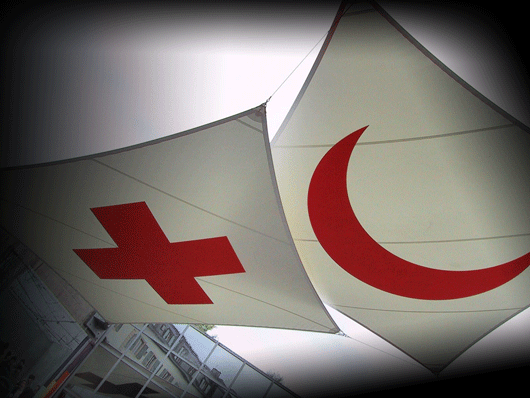
Local Editor
On 14 March 2016, four Yemen Red Crescent Society volunteers were wounded by shelling in Ma’rib Governorate. The team was on duty at the time, retrieving the bodies of people killed in the fighting in the area.
This incident occurred despite agreements from all sides of the conflict that humanitarian workers should be able to provide assistance in safety. Four volunteers were injured by shrapnel; one of whom is in critical condition and is currently fighting for his life. The three other volunteers in the team are in stable condition.
The International Red Cross and Red Crescent Movement deplores this latest incident and is appalled by the failure to protect aid workers risking their lives on a daily basis for the sake of humanity in Yemen, and around the world. Eight Yemen Red Crescent Society volunteers and two staff of the International Committee of the Red Cross (ICRC) have already been killed in the current conflict.
The Movement called once again on all parties in Yemen to respect the red cross and red crescent emblems and international humanitarian law. The safety of aid workers must be assured, and their access to people in need of help unimpeded. In the past 12 months alone, there have been more than 100 attacks on health facilities in Yemen.
Red Crescent volunteers have been at the forefront of humanitarian response in Yemen since the conflict began, in spite of the risks involved, and the poor resources and facilities available.
Of the 17 million Red Cross and Red Crescent volunteers around the world, one million are currently working in conflict-stricken countries. Up to 100,000 of them are regularly saving lives on the frontline. In 2015, 24 Red Cross and Red Crescent volunteers were killed in the line of duty.
At least 6,000 lives have been lost in the ongoing conflict in Yemen, and more than 30,000 people have been wounded. Despite the danger, Red Cross and Red Crescent volunteers and staff will continue to provide help to people wherever and whenever possible.
Sources: ifrc.org, Edited by Website Team